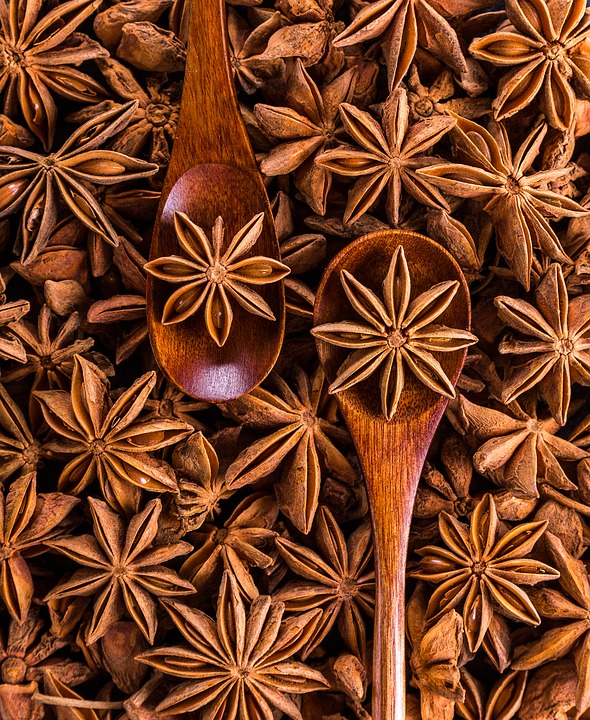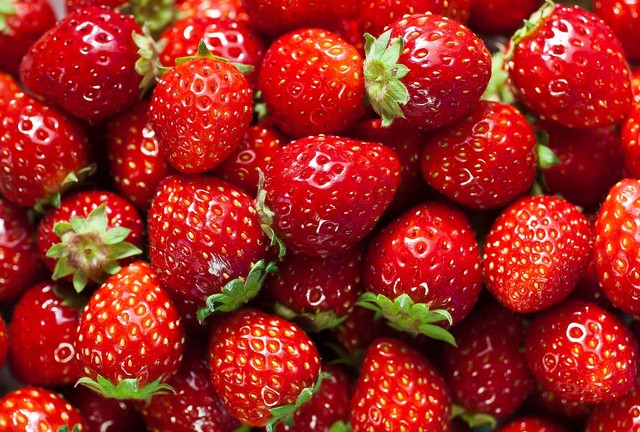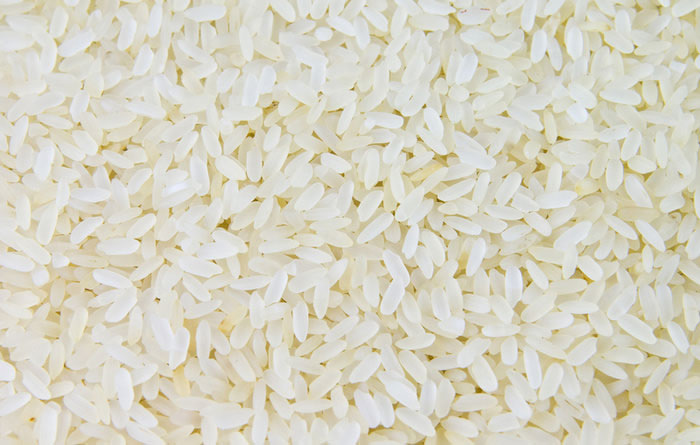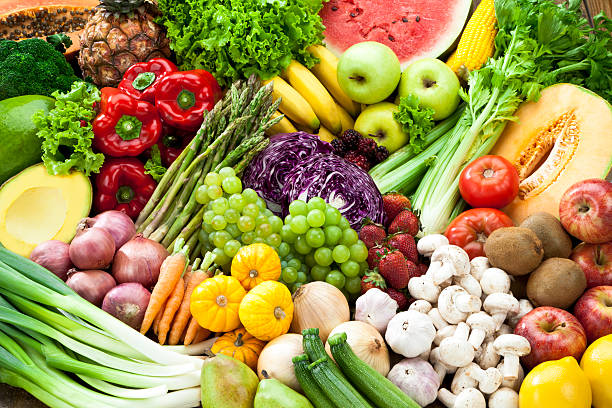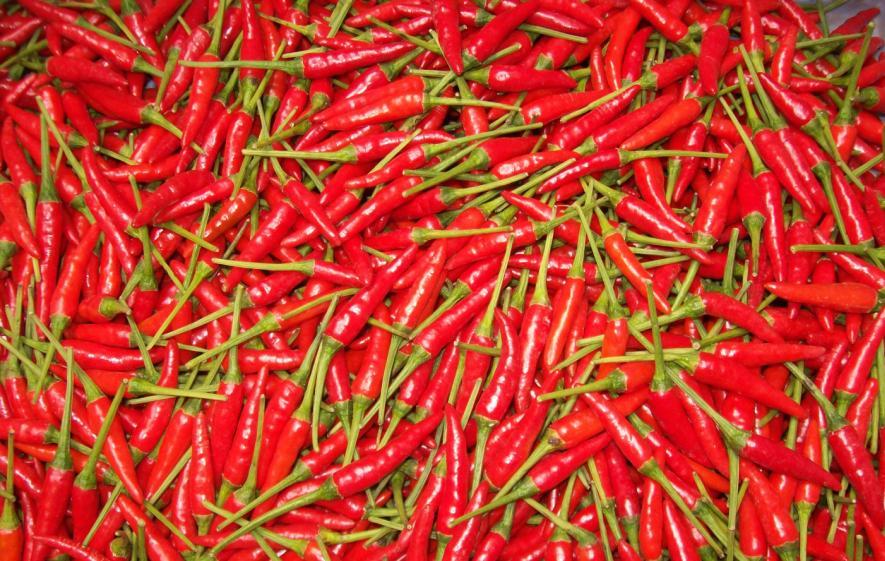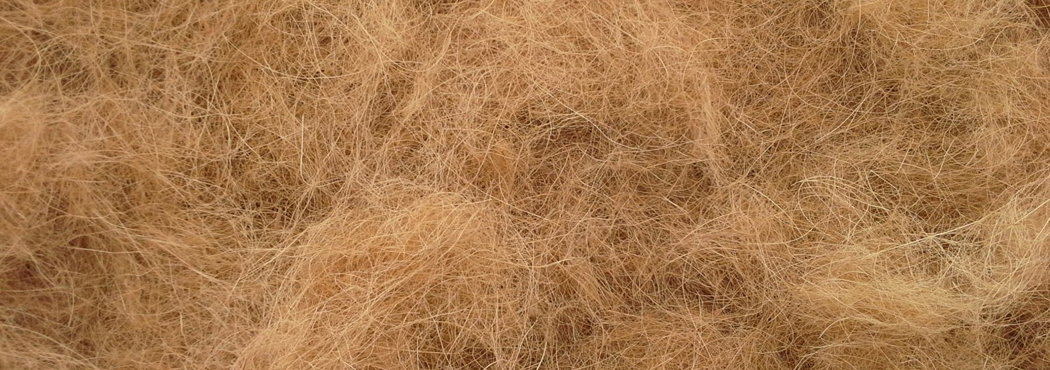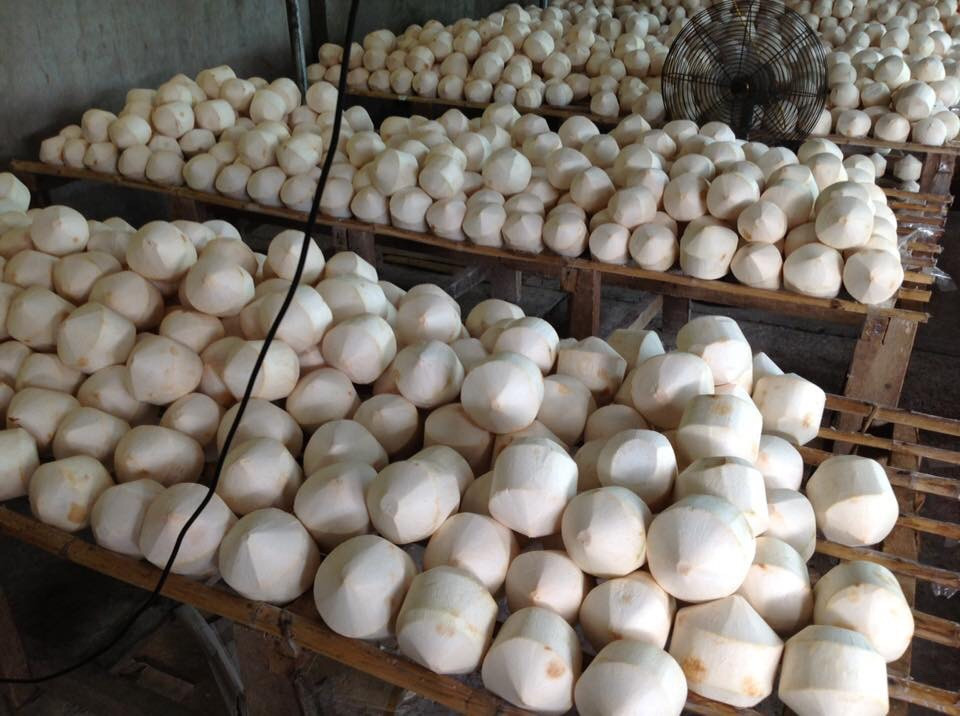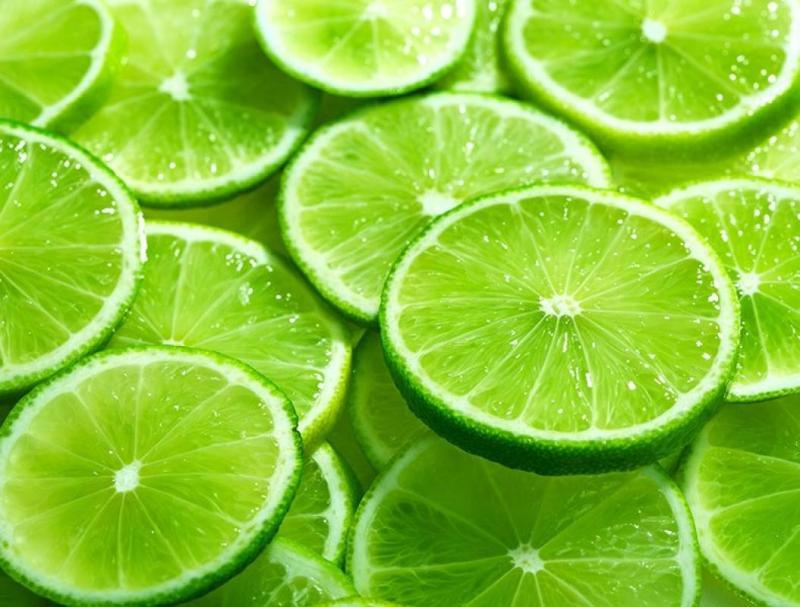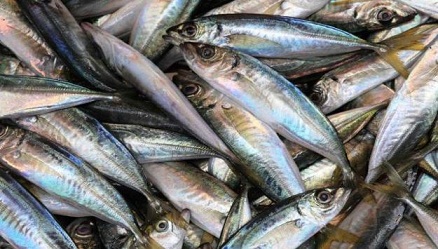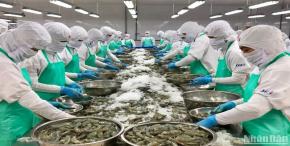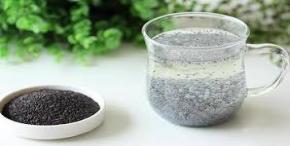News
Discussing coconut flour
Update: 2/6/2015
I am going to be showcasing some coconut flour recipes on this site soon, so I wanted to talk about it a little more before I did. The pro’s, con’s and personal experience.
What’s so Great about Coconut Flour?
First, it’s not only a gluten free flour, it’s a grain free flour too. So for those who follow strict grain free diets, coconut flour opens up a world of delicious baked goods. That’s obviously a huge advantage to some.
It’s a high fiber, fairly high protein flour too. When you make these into muffins, breads, and cakes, they are quite filling (probably because of the fiber content). The flour is also “sweet” by itself because of the natural sugars in the coconut, meaning that you don’t have to sweetened it as much.
It also seems that coconut flour does not effect mineral availability. “Increasing concentrations of dietary fiber from coconut flour did not affect mineral availability from all test food” Check out this study to read more about coconut flour. Unsoaked grains can lead to mineral deficiencies because of a substance called phytic acid that binds with minerals, preventing their absorption. Coconut flour could be one way to avoid that without having to soak anything.
What is Coconut Flour?
Coconut flour is actually made from the leftovers of coconut milk! In some of the test studies using coconut flour I was amused to see it called coconut “residue”. But it is a by-product of coconut milk manufacturing that has been ground into flour.
Disadvantages?
Can there be any disadvantages to this wonderful item? I won’t say that these are disadvantages for sure, just something for you to consider.
First, like mentioned before, coconut flour is very high in fiber. Flaxseeds are considered high in fiber and coconut flour beats it hands down. Now, we can get into the the mindset of thinking if something is good, more is better. But it’s all about balance, too much fiber can be just as damaging as too little. I am not saying that coconut flour is bad because it’s high in fiber, I am just saying you need to be aware that you consuming very large amounts of fiber at a time with coconut flour.
It’s also not really a “whole food”. Whole wheat flour is a whole food, coconut flour is a by-product, or the leftovers of coconut milk production. That doesn’t make it bad, just something to think about.
Was coconut flour or something like it a traditional food for people to consume? I don’t know. Coconut milk, coconut oil and whole coconut was for sure. I just don’t know enough about coconut “residue” to say that, yes, it was a traditional food.
While coconut flour is less expensive then almond flour, it’s still more expensive than some options, especially when you consider you have to use a lot of eggs in a coconut flour recipe to hold it together.
Personal Experience
When I first tried coconut flour baked goods, I had recently gotten off of a low sugar diet. I found two things. First, they tasted much to sweet to me (though my husband liked them), and that the high fiber content translated into a “I swallowed a brick” type feeling. I actually did much better with soaked grain recipes then coconut flour recipes. I seriously wondered how people could eat those “bricks”.
However, more recently I tried making some more baked goods using coconut flour. Now that my body has healed more, I didn’t notice a “heavy” feeling at all after eating it. In fact, I really enjoyed them! So, I think it was all about where my body was at different times.
Conclusion
I think that there are a lot of things to like about coconut flour, and I think you will like some of the recipes I share using it! Any disadvantages are out weighed by the advantages in my mind!
What about you? Do you use coconut flour? Heard of it before? Like it? Dislike it? Any favorite recipes?
